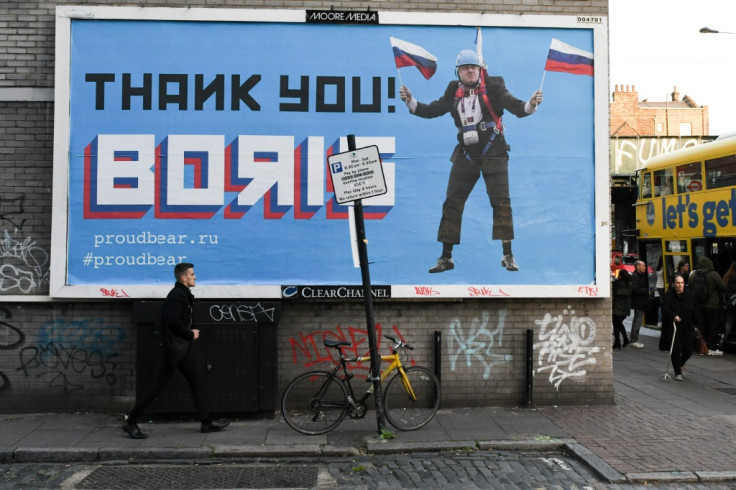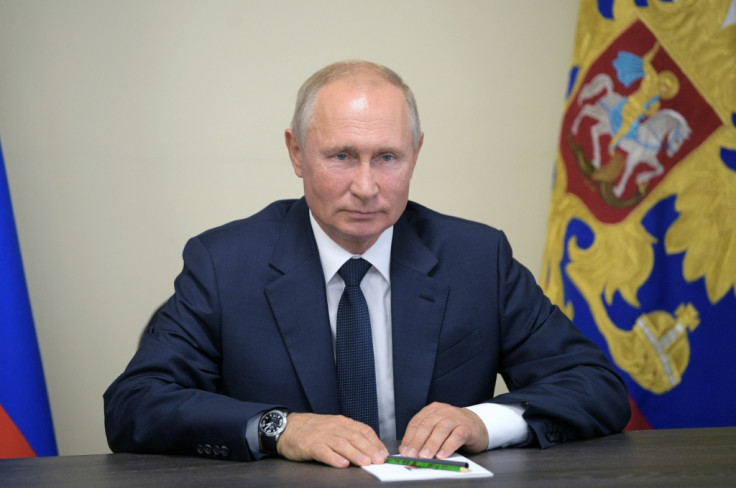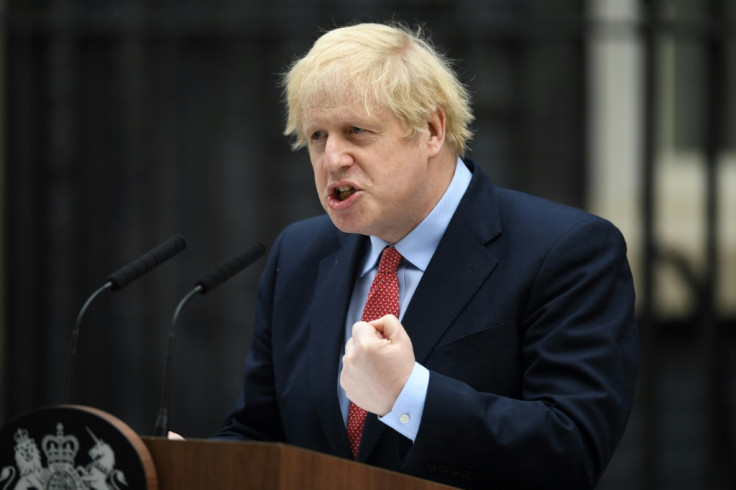UK government failed to probe Russian 'meddling', say MPs
In a separate 20-page response, the government said there was 'no evidence of successful interference in the EU referendum'.
British lawmakers slammed the government on Tuesday for failing to look into possible Russian meddling in UK politics, particularly the divisive 2016 Brexit referendum, as they released a long-awaited report into the issue.
The document by parliament's Intelligence and Security Committee (ISC) had been expected to shed light on possible Kremlin interference in the landmark vote that saw Britain leave the European Union.
But MPs said they were unable to come to any firm conclusions because the current government or its predecessor had not ordered any investigation, owing to an apparent "lack of curiosity".
"Nobody wanted to touch this issue with a 10-foot pole," said committee member Stewart Hosie of the Scottish National Party.
"This is in stark contrast to the US response to reports of interference in the 2016 US presidential election.

"No matter how politically awkward or potentially embarrassing, there should have been an assessment... and there must now be one, and the public must be told the results."
Foreign Secretary Dominic Raab rejected claims the government had "actively" sought not to delve deeper into the perceived threat of Russian interference.
"We've got a long period recognising the enduring, significant threat posed by Russia to the UK, including in cyber. Russia is a top national security priority," he said.
In a separate 20-page response, the government said there was "no evidence of successful interference in the EU referendum" and denied acting too slowly on the threat.

The ISC report, delayed for 15 months, was being closely watched because of the Brexit campaign and result, which has dominated British politics for the last four years.
Political deadlock and infighting were finally broken when Boris Johnson won a huge majority at elections in December, allowing him to force his Brexit deal through parliament.
Diplomatic ties between London and Moscow have been fraught since 2006 when President Vladimir Putin was blamed for the radiation poisoning of former KGB agent Alexander Litvinenko in the British capital.
The Kremlin was also accused of being behind the attempted murder of double agent Sergei Skripal in Salisbury, southwest England, in 2018 using a weapons-grade nerve agent.

Last week, Britain, the United States and Canada claimed Russian hackers tried to steal coronavirus vaccine research from their labs.
And London also accused "Russian actors" of trying to disrupt the December election by circulating leaked documents about a possible post-Brexit trade deal with the United States.
The Kremlin issued a pre-emptive response to the report, rejecting claims of skullduggery and dismissing the ISC document as containing only "ephemeral accusations".
"It's Russophobia in the style of fake news," foreign ministry spokeswoman Maria Zakharova told reporters.
Frustrated committee members said they were "shocked" and "baffled" as to why Russia was not taken more seriously when the country was an "established threat".
They said in the report there was "credible open source commentary" suggesting Russia tried to influence campaigns in the 2014 Scottish independence referendum and that Britain was one of Russia's "top Western intelligence targets" for "disinformation campaigns and political influence operations".
But the government "took its eye off the ball" and "badly underestimated" its response to the threat, stopping short of saying the action was "deliberate", they added.
The report noted the influence of wealthy Russian elites close to Putin pervading the higher echelons of UK business and society, calling it "the new normal".
"This level of integration... means that any measures now being taken by the government are not preventative but rather constitute damage limitation," they said.
That could further fuel claims from Johnson's opponents about a lack of political will to reveal the extent of Russian involvement and influence in Britain.
Critics have said the prime minister's apparent reluctance to publish the report was because it could lay bare donations from wealthy Russians to his ruling Conservative party.
The ISC's investigation began in November 2017 after claims about Russian interference in the 2016 US presidential race that brought Donald Trump to power.
At the time of the Brexit referendum, Johnson's predecessor, Theresa May, accused Russia of "planting fake stories" to "sow discord in the West and undermine our institutions".
Copyright AFP. All rights reserved.
This article is copyrighted by International Business Times, the business news leader





















